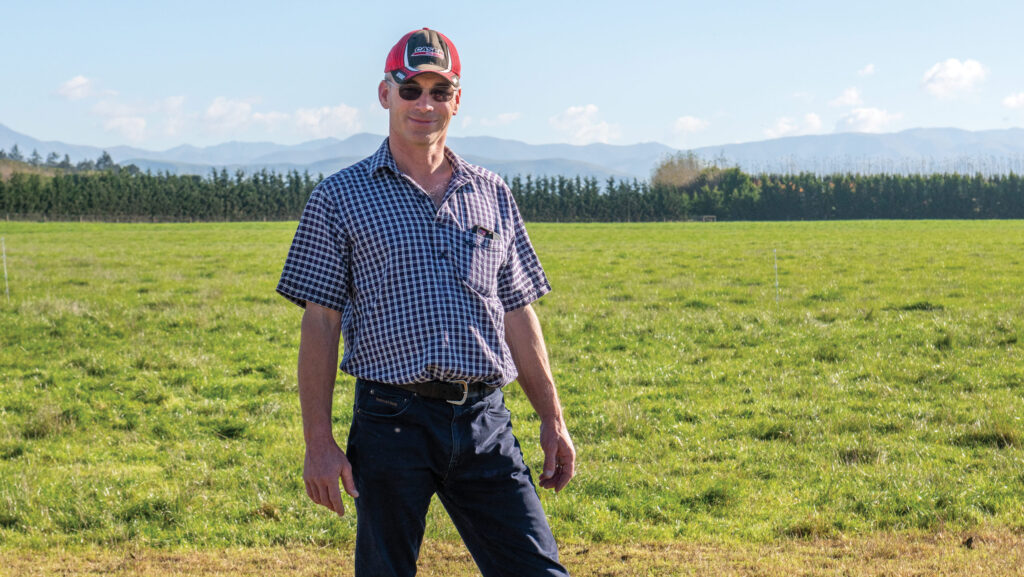Farmer Focus: Feed shortage looks likely for New Zealand
 David Clark © Emmily Harmer
David Clark © Emmily Harmer There is nothing like a deadline to focus the mind and energy.
I write this article from a hotel room in the North Island while I am on the road for a week visiting customers of our Irrigation Parts Supply business with one of our Australian business partners.
When we set the date of this trip a month ago, I needed to finish the harvest, get the last of the ryegrass crops drilled and get all of the autumn wheat planted.
See also: Farmer Focus: I propose an SFI option to dredge ditches
The drilling tractor was backed into the shed at 9pm on Sunday night and my flight was Monday morning. Job list ticked off, but only just.
I really enjoy these sort of trips. It is a chance to get off farm and see things from a different perspective, as we engage with both direct farmer customers and our irrigation service company customers, who are key wholesale accounts.
The vibe we pick up is both insightful and, I believe, very accurate. Much of New Zealand has had a dry late summer and autumn. It is now too late for compensatory growth and winter is close.
Feed covers are low, and fodder crop yields well below expectation, so we potentially have a feed shortage across a wide geographical spread of this country.
Compounding this is a regularly repeated theme that farmers are under huge pressure financially, especially those in the sheep and beef sector, with significantly reduced market returns for beef and lamb.
This is coupled with exponential rises in input costs over the last three years.
Our commercial customers are reporting that discretionary and development spending by their farmers has virtually stopped and there is a cold breeze blowing through rural service towns.
I touched on this a few months ago in this column and our discussions this week confirm to me that something must change in the way we value food production and producers.
It is a privilege to be able to be off farm periodically as we grow this business.
I love the interaction with people working in the broader agricultural sector, but it is back to reality again on Saturday morning.


